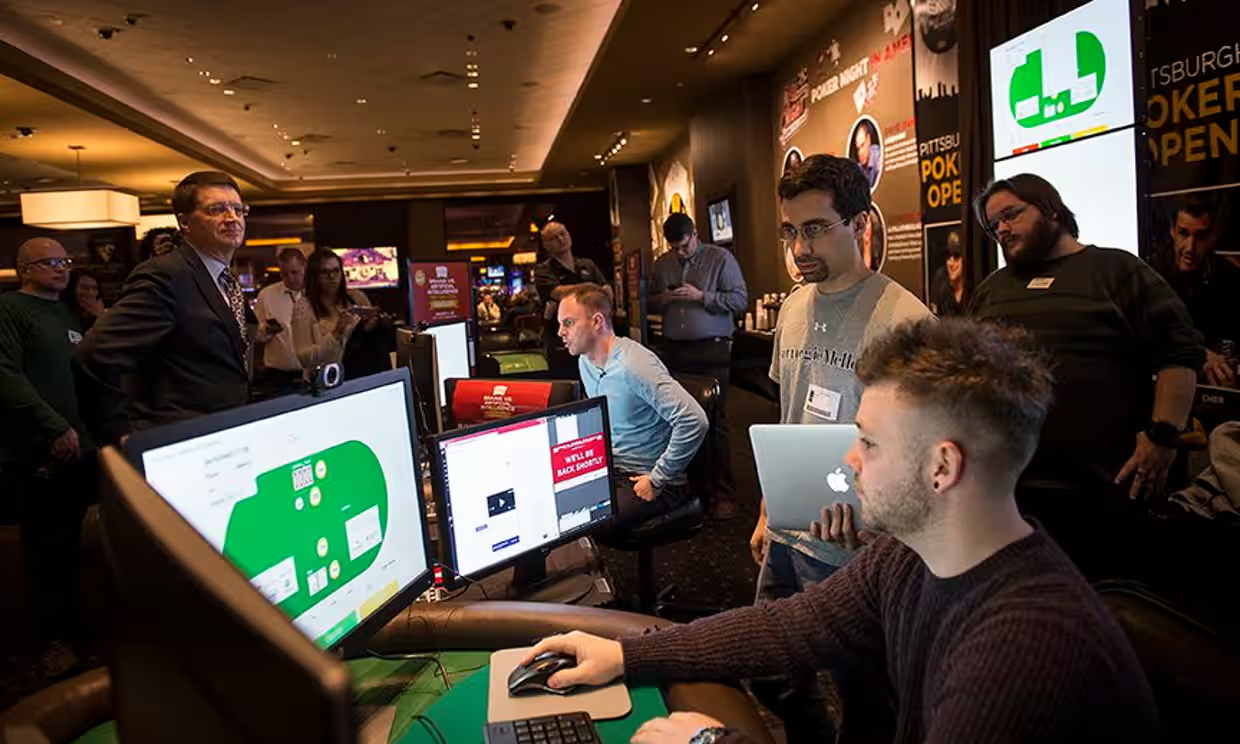Longevity, influence and the social media trap: Who do we trust with our health?
In a world where six-pack abs are flaunted more than six-point health plans, who are we really trusting […]

Poker has long been seen as a skill-based, strategic, and human opponent-reading game. However, that notion was disproved in 2017 when an AI system named Libratus defeated some of the top poker players in the world in a high-stakes, no-limit Texas Hold’em event. This was more than just a victory; it was a turning point for AI.
Libratus was created by Carnegie Mellon University researchers to understand the unpredictability of poker. Since players in poker are unaware of their opponents’ hand combinations, bluffing and deceit are crucial components of the game, unlike in chess or go. This uncertainty was a problem for traditional AI, but Libratus changed the story.
Over the course of 20 days, Libratus played 120,000 hands against four elite professional poker players – Jason Les, Dong Kim, Daniel McAulay and Jimmy Chou. The outcome? AI won by a margin of more than $1.7 million in chips. The system was an unstoppable force because it could create nearly flawless betting strategies, adjust to human playstyles, and improve its techniques over night.
Libratus employed reinforcement learning to continuously enhance its approach rather than learning chess moves by heart. It determined the best bets, assessed possibilities, and even learnt how to bluff, which was previously believed to be a skill only humans possessed.
However, its self-improvement algorithms were its true strength. Libratus never grew weary, tilted, or changed its games in real-time in response to fresh data, unlike human players who might exhibit patterns or weariness.
Libratus’ success wasn’t just about poker. It demonstrated that AI could excel in decision-making under uncertainty, a skill applicable in real-world areas like finance, cybersecurity, negotiations, and military strategy. The ability to outthink human opponents in complex situations signalled a major leap in AI’s capabilities.
While Libratus retired from poker, its legacy continues. AI-driven bots are now commonplace in gaming, from chess to eSports. However, concerns remain about fairness and the ethical implications of AI outplaying humans in competitive environments.
However, the fact that AI defeated humans at poker was shown to be more than just a game-changer; it was also a sign of what was to come in the field of artificial intelligence.

In a world where six-pack abs are flaunted more than six-point health plans, who are we really trusting […]

In the era of social media, post-COVID, and with mental health at the forefront, a shift is taking […]